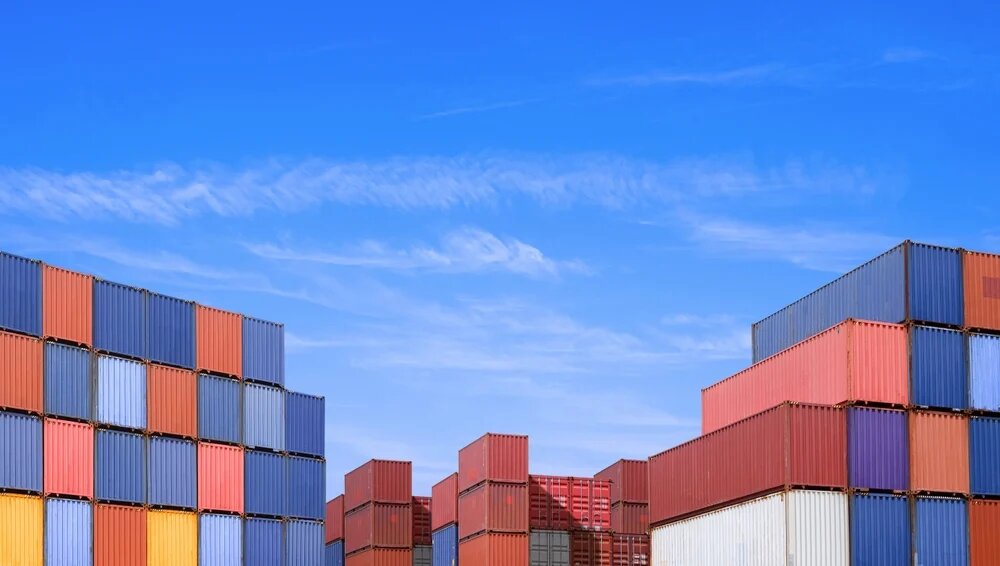ClassNK, a leading classification society, has released a new set of “Prime Shipmanagement Guidelines” to make ship operations safer and more efficient by learning from real-life success stories.
The classification society developed these guidelines to help the maritime industry handle today’s fast-changing environment, including fuel transitions, stricter global regulations, and crew shortages.
The guidelines are designed to support flexible decision-making during unpredictable situations at sea. According to studies, human error is still one of the main reasons behind most maritime accidents.
While technology and environmental rules have helped make ships safer and more efficient, they’ve also added new responsibilities for the people managing and operating vessels.
Crews and managers now need to learn new skills and knowledge that were not necessary before.
ClassNK believes that depending only on traditional safety practices-mainly focused on learning from past failures- is no longer enough.
The organisation has introduced a new approach called “resilience engineering.”
This method looks at what went right in successful cases and works to repeat those positive outcomes. It encourages achieving goals not just through strength or strict rules but also through being adaptable in different situations.
The “Prime Shipmanagement Guidelines” are based on this idea and highlight three key areas for improving ship management:
Competency Management- This is a system for tracking and managing the skills and training needed for each crew member so they can perform their duties safely and effectively.
Process Management- Also called a functional safety management system, this involves creating clear, simple, and practical manuals that crew members can easily understand and follow.
Knowledge Management- This system focuses on collecting, organising, and sharing important knowledge within the company, including operational know-how related to safe ship operations.
These three areas are built upon the solid foundation of the existing ISM Code (International Safety Management Code), but with an aim to go further.
ClassNK plans to support sustainable ship management by strengthening safety systems while also reducing the burden on crew members, operators, and other industry stakeholders.
Reference: ClassNK
Do you have info to share with us ? Suggest a correction






